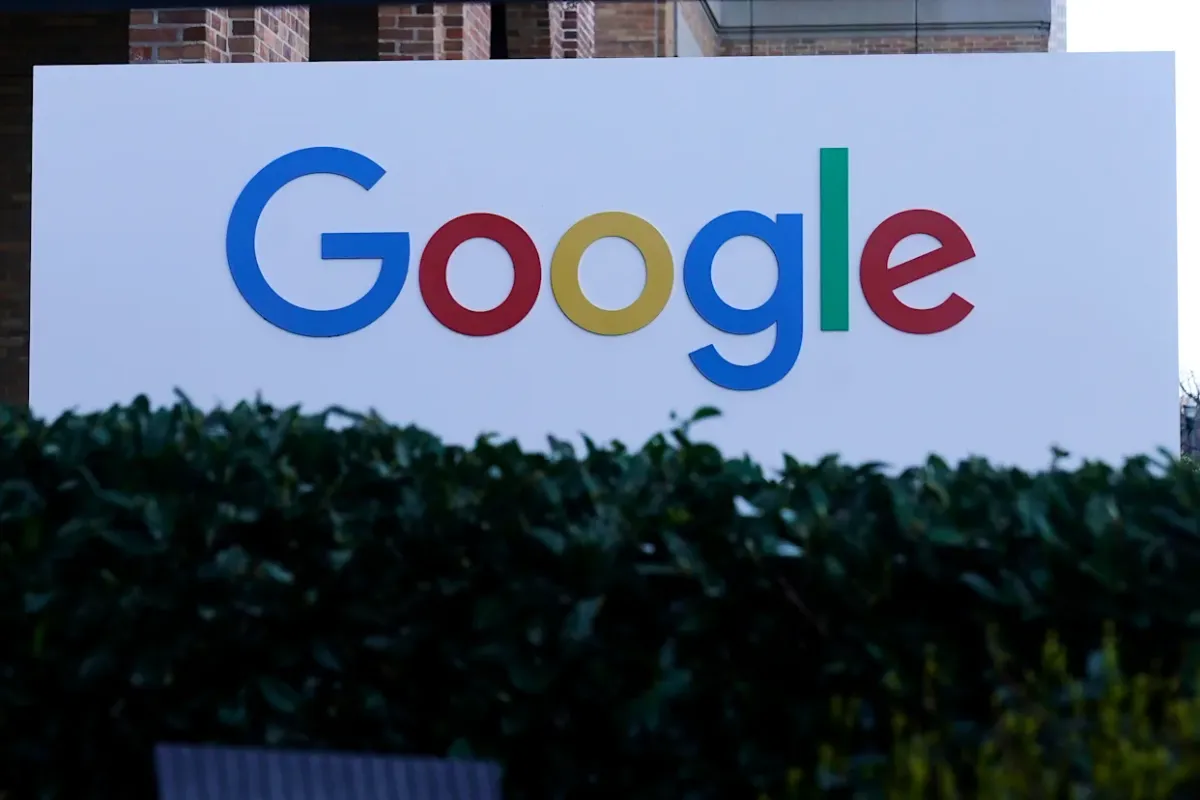Supreme Court Delivers Blow to Google: App Store Monopoly Faces Epic Shake-Up After Fortnite Lawsuit Win

Google Loses Supreme Court Bid as App Store Shake-Up Moves Forward
Epic Games scores major victory as U.S. Supreme Court allows sweeping reforms to Android app store.
Alphabet-owned Google just hit a major legal roadblock. On Monday, the U.S. Supreme Court refused to block a federal judge’s sweeping order that will force the tech giant to make significant changes to its Google Play Store. This decision stems from a landmark antitrust lawsuit filed by Epic Games, the maker of Fortnite, and has massive implications for how Android users download and pay for apps.
Here's what happened and what it means for millions of users and developers.
What Was the Lawsuit About?
In 2020, Epic Games sued Google, accusing it of monopolizing the Android app ecosystem — particularly how users access and pay for apps on Android devices. Epic argued that Google’s Play Store policies unfairly locked users into its payment system and limited competition from rival app stores.
In late 2023, a jury in San Francisco sided with Epic, setting the stage for one of the most significant legal battles in the tech world since Apple’s App Store disputes.
What Did the Court Order?
U.S. District Judge James Donato issued a far-reaching injunction (a court order) with major implications for Google’s app store operations:
Key Parts of the Order:
- Allow rival app stores to be downloaded within Google Play.
- Make Google Play’s app catalog available to competitors.
- Let developers add external links in their apps, allowing users to bypass Google’s billing system.
While some parts of the order don’t take effect until July 2026, the requirement to let developers steer users to outside payment systems will kick in later this month.
Google’s Response
Google, unsurprisingly, is not happy with the Supreme Court’s decision.
“We’re disappointed by the order but will continue our appeal,” the company said in a statement.
The tech giant argues that the injunction could:
- Harm its reputation.
- Create security risks for users.
- Put it at a competitive disadvantage.
- Affect more than 100 million U.S. Android users and 500,000 developers.
Google is now preparing a full appeal to the Supreme Court, which is expected to be filed by October 27. This could lead to a longer review during the court’s 2025–2026 term.
Epic’s Victory Lap
Epic Games CEO Tim Sweeney celebrated the Supreme Court’s refusal to intervene.
“Starting later this month, developers will be legally entitled to steer users to out-of-app payment options — without fees or friction,” he posted on social media.
Epic also slammed Google’s defense, calling its “security concerns” flawed and a cover for maintaining monopoly power.
Why This Matters
For Developers:
- More freedom to link to their own payment systems without paying Google’s 15–30% cut.
- Easier integration of rival app stores.
- Lower overhead costs and more control over how apps are monetized.
For Users:
- Access to more app stores and choices.
- Potential for lower prices as developers pass on savings.
- A broader, more competitive app ecosystem.
For Google:
- A huge blow to its Play Store dominance.
- Possible domino effect across global markets.
- Increased pressure to rethink app store policies in other regions.
A Win for Antitrust Advocates
The case is also seen as a major victory for antitrust enforcement in Big Tech. Regulators and lawmakers have long criticized app store policies for being overly restrictive and anti-competitive.
Epic’s win could encourage other developers to challenge dominant platforms, especially as similar cases against Apple continue to evolve.
What Happens Next?
- Google’s full Supreme Court appeal is due October 27.
- The provision allowing developers to use external payment links kicks in this month.
- Larger app store changes (like embedding rival stores) take effect July 2026 — unless Google successfully overturns the injunction.
Final Thoughts
This Supreme Court decision could reshape how apps are distributed, purchased, and monetized across Android devices. While Google still has legal options left, the clock is ticking — and developers may soon have a lot more freedom to compete on Android.
If you’re a user or developer, big changes are coming to your mobile experience. And if you’re Google? The pressure is on.
